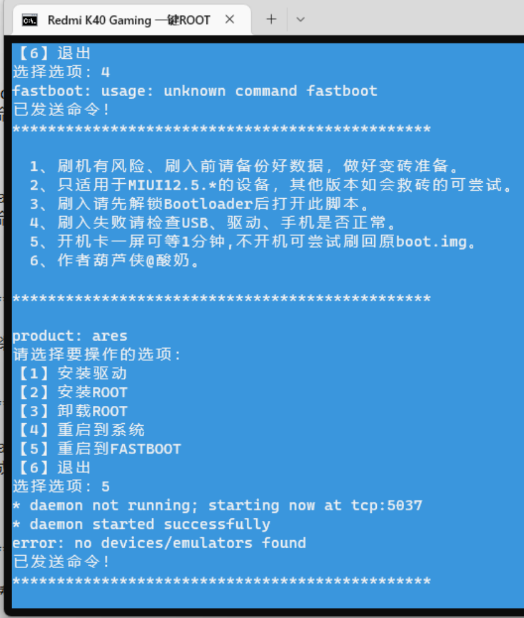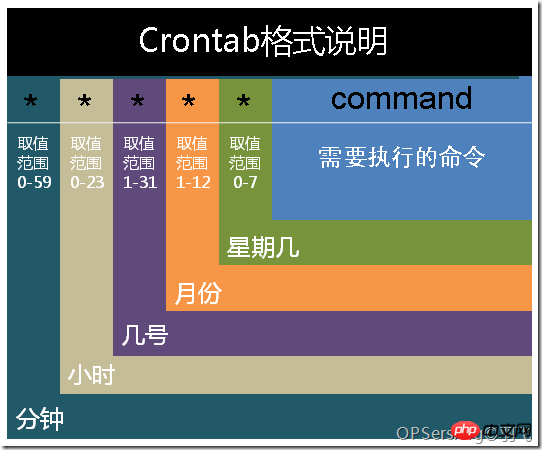
Java多维度数据到唯一ID的哈希映射及前缀查询
本文探讨如何在Java中设计一个哈希映射,实现多维度数据到唯一ID的映射,并支持根据部分维度进行前缀查询。例如,函数f(a, b, c, …)需要生成一个唯一的ID,且f(a, b) != f(b, a)。 我们还需要能够查询以特定维度为前缀的所有映射结果,例如查询所有以a开头的映射。
方案:
直接使用单一HashMap难以高效实现前缀查询。一个更有效的方案是采用树形结构,例如Trie树或自定义树结构,将维度信息作为键,唯一ID作为值存储。
实现步骤:
立即学习“Java免费学习笔记(深入)”;
- 维度数据结构: 定义一个类表示维度数据,例如:
class Dimension { String a; String b; String c; // ... other dimensions public Dimension(String a, String b, String c) { this.a = a; this.b = b; this.c = c; } // equals() and hashCode() methods for HashMap comparison @Override public boolean equals(Object obj) { if (this == obj) return true; if (obj == null || getClass() != obj.getClass()) return false; Dimension that = (Dimension) obj; return Objects.equals(a, that.a) && Objects.equals(b, that.b) && Objects.equals(c, that.c); } @Override public int hashCode() { return Objects.hash(a, b, c); } }
- Trie树结构 (示例): 使用Trie树存储维度信息和ID映射。每个节点代表一个维度值,叶子节点存储唯一ID。
class TrieNode { String value; Map<String, TrieNode> children; String uniqueId; // Store unique ID at leaf nodes public TrieNode(String value) { this.value = value; this.children = new HashMap<>(); } } class Trie { TrieNode root; public Trie() { root = new TrieNode(""); } public void insert(Dimension dim, String uniqueId) { TrieNode node = root; node = insertRecursive(node, dim, uniqueId); } private TrieNode insertRecursive(TrieNode node, Dimension dim, String uniqueId) { if (dim == null) { node.uniqueId = uniqueId; return node; } if (dim.a != null) { node.children.computeIfAbsent(dim.a, k -> new TrieNode(k)); node = node.children.get(dim.a); if (dim.b != null) { node.children.computeIfAbsent(dim.b, k -> new TrieNode(k)); node = node.children.get(dim.b); if (dim.c != null) { node.children.computeIfAbsent(dim.c, k -> new TrieNode(k)); node = node.children.get(dim.c); } } } node.uniqueId = uniqueId; return node; } public List<String> prefixSearch(String prefix) { List<String> result = new ArrayList<>(); TrieNode node = root; for (String part : prefix.split(",")) { if (!node.children.containsKey(part)) { return result; // Prefix not found } node = node.children.get(part); } collectIds(node, result); return result; } private void collectIds(TrieNode node, List<String> result) { if (node.uniqueId != null) { result.add(node.uniqueId); } for (TrieNode child : node.children.values()) { collectIds(child, result); } } }
- 使用示例:
public class Main { public static void main(String[] args) { Trie trie = new Trie(); trie.insert(new Dimension("a", "b", "c"), "u1"); trie.insert(new Dimension("a", "b", "d"), "u2"); trie.insert(new Dimension("x", "y", "z"), "v1"); List<String> results = trie.prefixSearch("a,b"); System.out.println(results); // Output: [u1, u2] results = trie.prefixSearch("a"); System.out.println(results); // Output: [u1, u2] results = trie.prefixSearch("x"); System.out.println(results); // Output: [v1] } }
这个例子展示了如何使用Trie树实现多维度数据到唯一ID的映射和前缀查询。 你可以根据实际需求调整维度数据结构和Trie树的实现细节。 对于非常大的数据集,考虑使用更高级的数据结构和算法来优化性能。 例如,可以考虑使用数据库索引来加速查询。
© 版权声明
文章版权归作者所有,未经允许请勿转载。
THE END




















